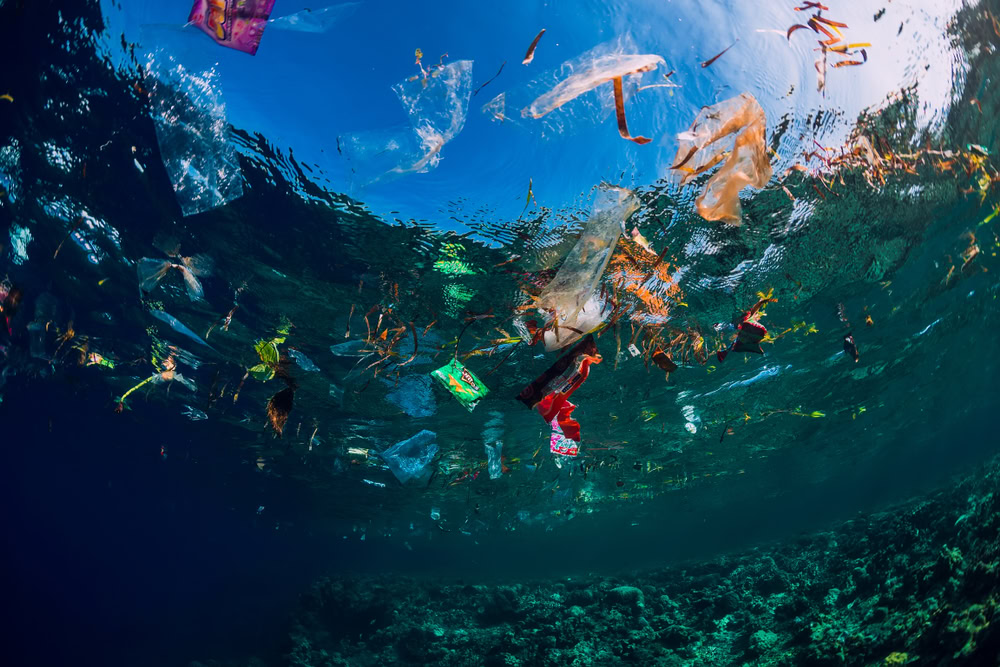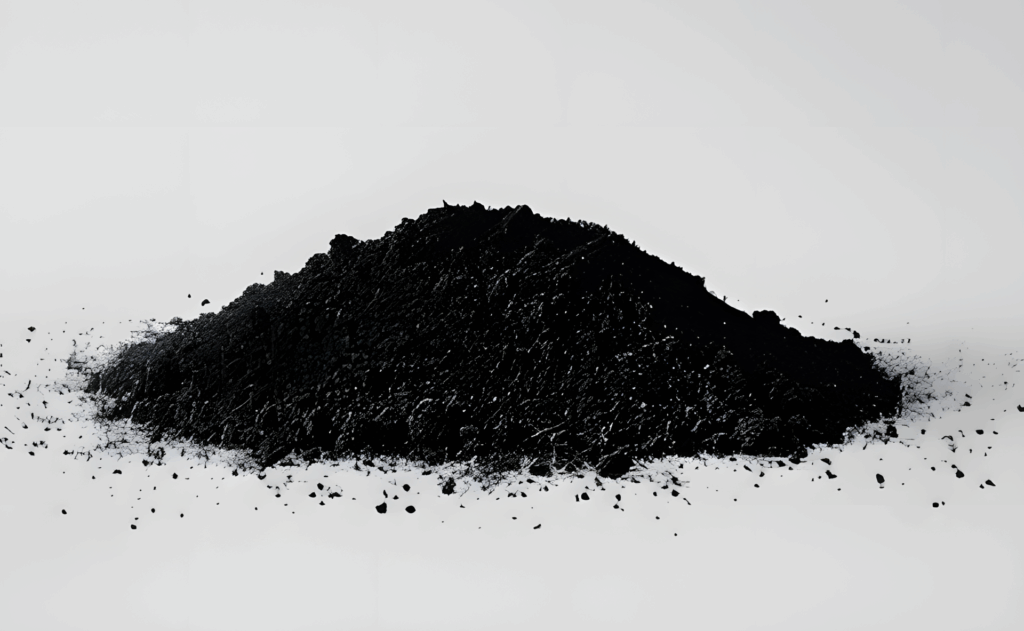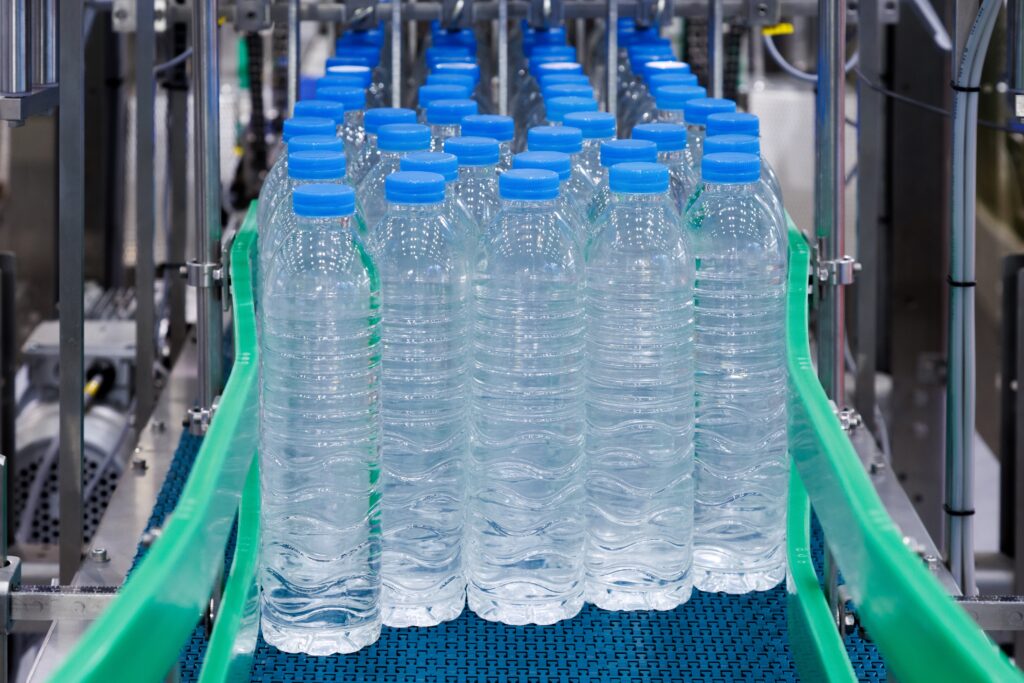The research has been endorsed and part-funded by Innovate UK and the UK government.
Scientists have previously estimated the average person eats 5 grams of microplastics in a week – about the weight of a credit card. However, the health impact of this is poorly understood.
The research project will use a chemical imaging system, incorporating quantum laser technology, to “identify and classify the chemicals presents in the microplastics”. This will identify chemicals that can impact key pathways of human disease.
This, among other things, will help guide “plastic and recycling manufacturers to safeguarding public health.”
Leading the project is Dr Nabil Hajji, technical director of Toxicology at the Water Research Centre (WRc), an RSK Group company. WRc is working with Queen Mary University of London on the 24-month ‘Knowledge Transfer Partnership’ project.
He said: “Plastic pollution is expected to more than double by 2030 with some 40% of plastic recognised as a single use material remaining persistent in the environment. In addition, as it is degraded over time, it creates microplastics (less than 5mm) and nanoplastics (less than 0.1mm) – this is the substance being ingested by animals and people.”
Chemicals
WRc explained that several thousand chemicals are associated with plastic, including distinct additives, plasticisers, pigments, antimicrobial agents, heat stabilisers, UV stabilisers, fillers, and flame retardants.
The company added that the World Health Organisation and the EU Commission have emphasised the knowledge gaps on micro plastics and human health, and “urged the scientific community to investigate this further”.
“Understanding how the toxicity of microplastics impacts on our health is the first step to putting regulatory measures in place to protect people from any risks we identify,” they added.
Dr Hajji explained: “The fact that microplastics are present in seafood and our marine environment is well-documented, along with the toxicity concerns associated with this. However, the deeper understanding of the potential risks that this material presents to human health has been lacking. Until we develop a risk assessment, we lack the sound scientific knowledge to empower our regulators.
Government-funded Innovate UK senior knowledge transfer adviser Dr Lorna Howarth said: “This is a trail blazing knowledge transfer project that will embed a new commercial risk assessment capability into WRc using a novel methodology and approach that has not been taken before. The outcome will far reaching economic, environmental and societal impacts.”
The study follows a similar project launched by Imperial College London in 2022, which is looking into the respiratory health of manual sorters at “plastic-specific material recycling facilities” (see letsrecycle.com story).









Subscribe for free